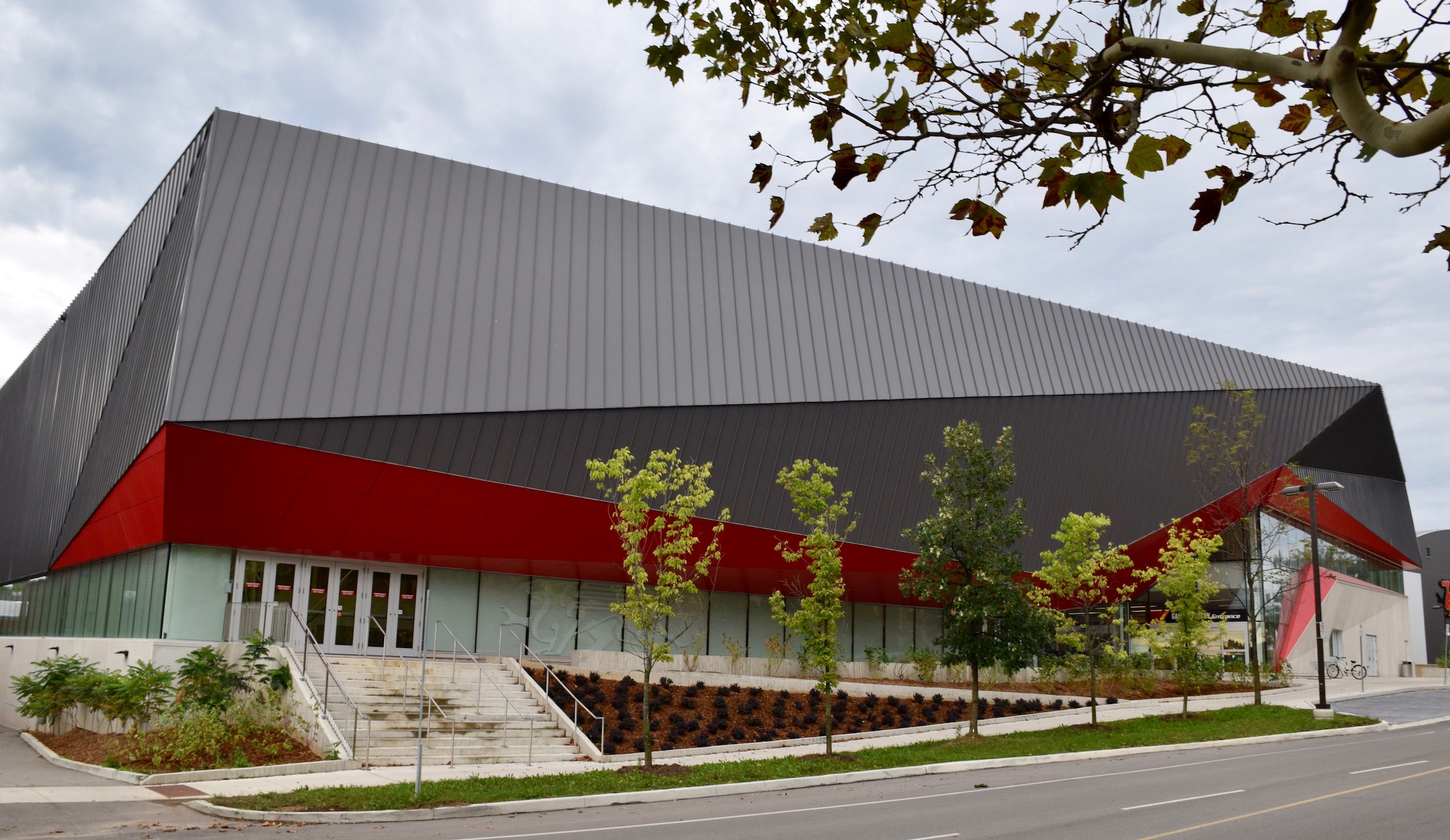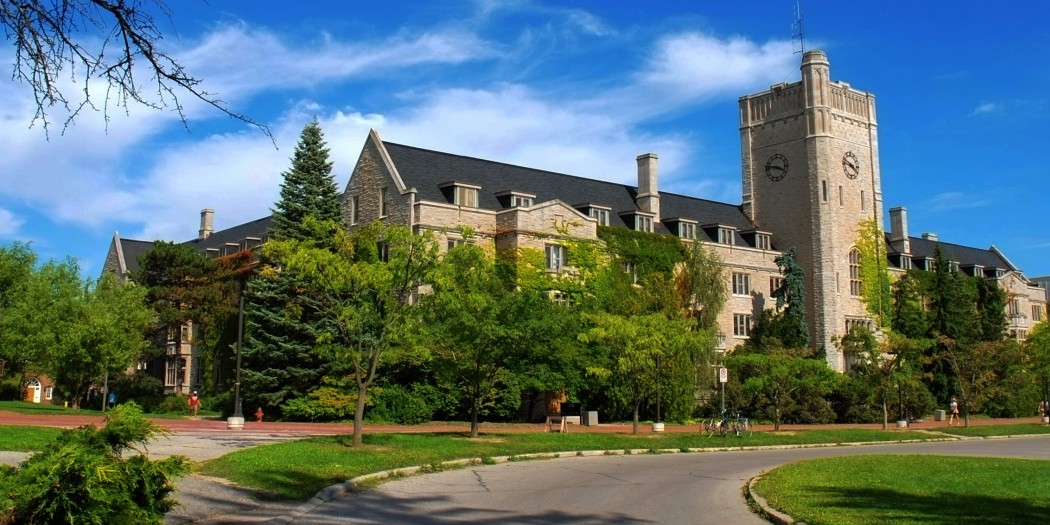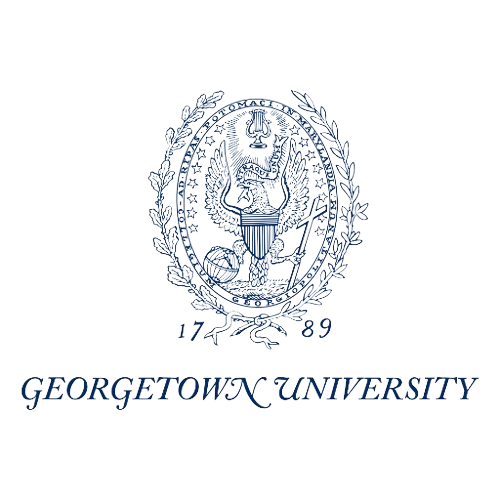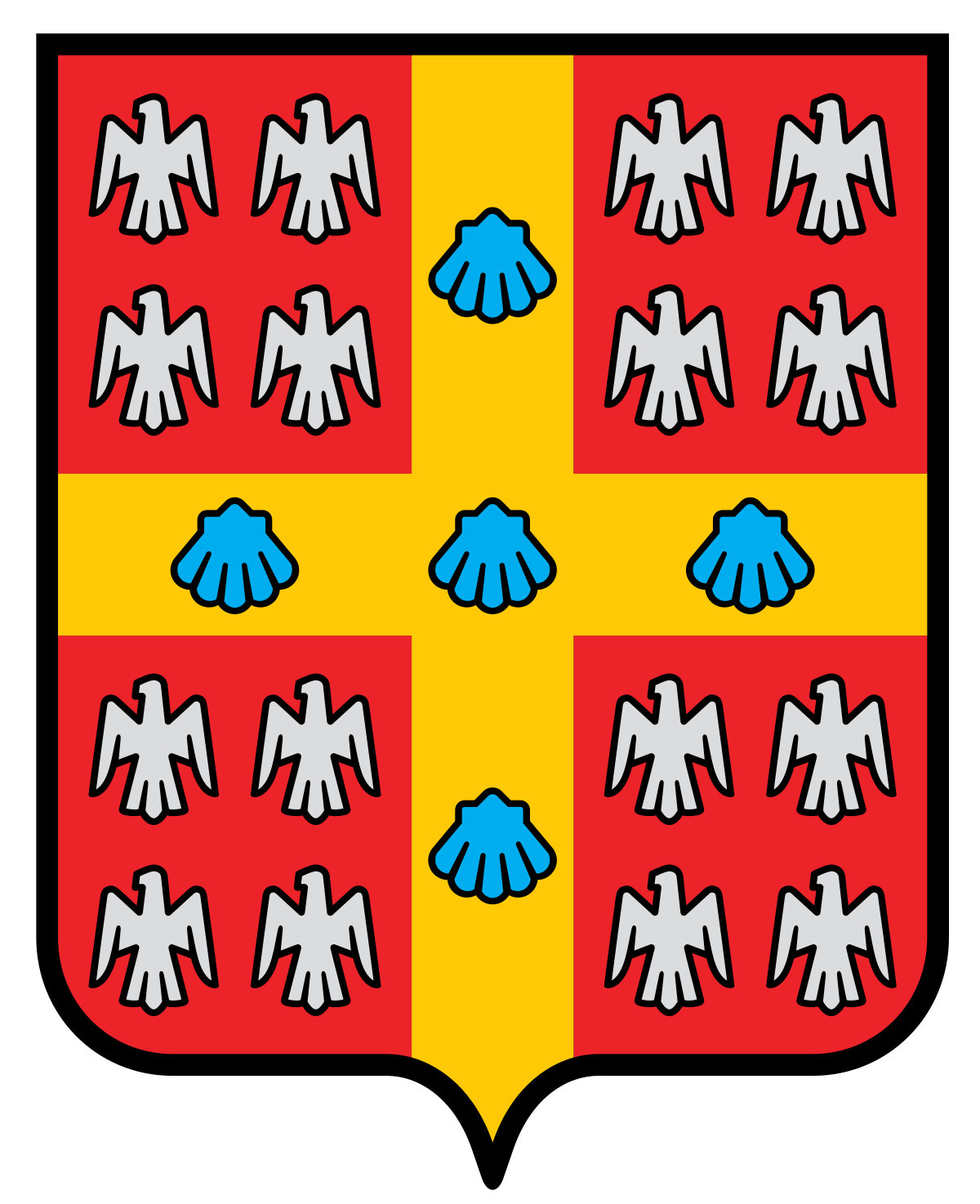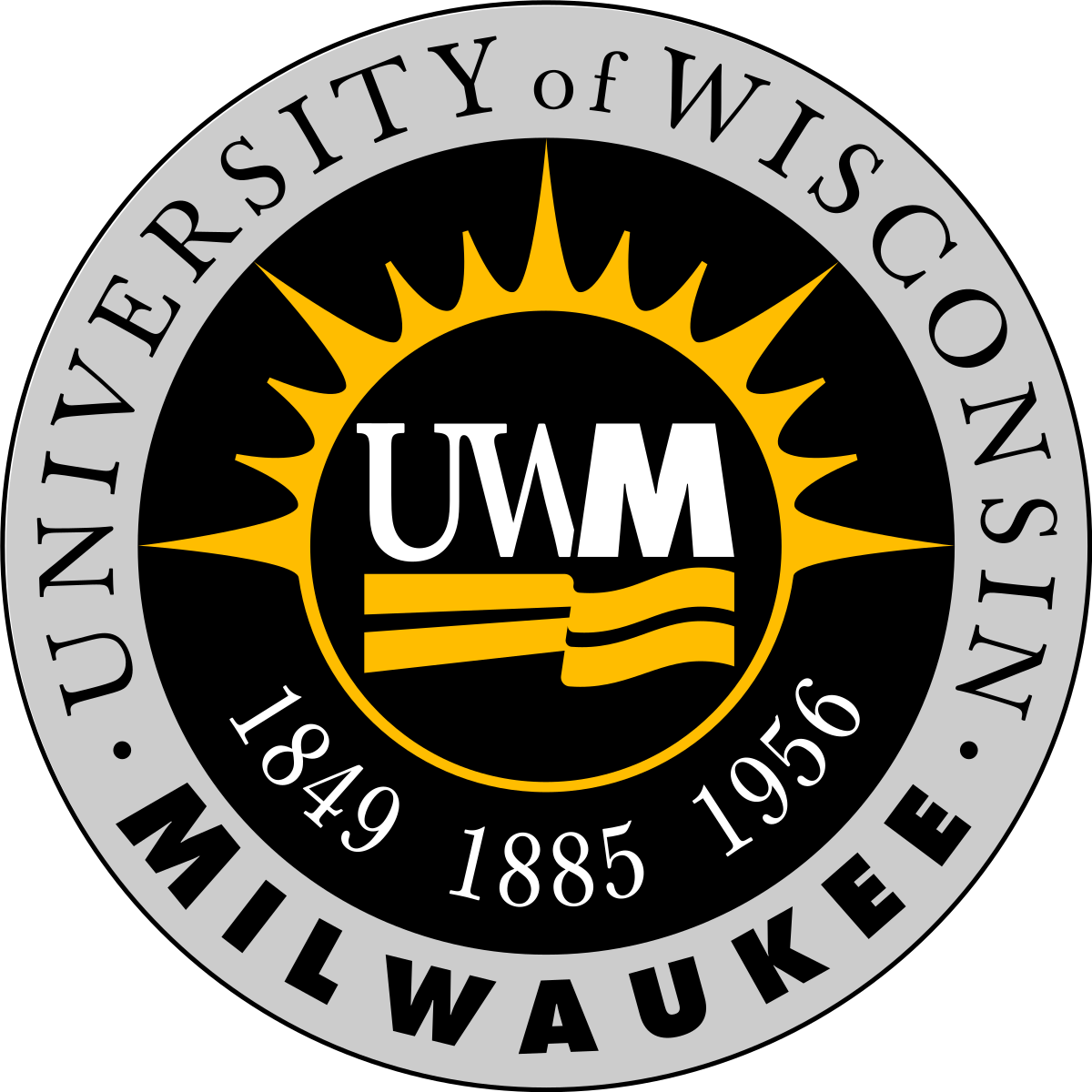FARE*6100 The Methodologies of Economics Winter Only [0.50]
Alternative views on the methodology of economics are reviewed and assessed. The process of problem identification in the development of a research project proposal is investigated.
Department(s): Department of Food, Agricultural and Resource Economics
Location(s): Guelph
FARE*6110 International Food Industry and Policy Analysis Fall Only [0.50]
This course explores the structure and functioning of the agri-food sector beyond the farm gate, including food processing, distribution and retailing, and the implications for the functioning of food markets in terms of the price, quality and safety of food. The focus of the course is on the agri-food sector globally, such that it explores the structure and functioning of the agri-food sector in different geographical locations, at different levels of economic development, etc. The course examines the behaviour of actors within the food sector and the role of policies at the regional, national and international levels.
Offering(s): Offered through Distance Education format only.
Department(s): Department of Food, Agricultural and Resource Economics
Location(s): Guelph
FARE*6120 Assessment of Food and Agricultural Technologies Winter Only [0.50]
This course focuses on the assessment of technology choices in food and agricultural businesses. It positions technology assessment in the broader context of policy making and technology management. It exposes students to examples of the benefits of technology assessment and the consequences of insufficient technology assessment. Students learn and apply specific analysis tools that guide technology choice and implementation.
Offering(s): Offered through Distance Education format only.
Department(s): Department of Food, Agricultural and Resource Economics
Location(s): Guelph
FARE*6130 Operations Management in the Agri-Food Sector Winter Only [0.50]
This course introduces students to the main concepts for analysis in Agri-Food operations and supply chain management, with special attention given to quantitative techniques to support decision-making. The course also includes qualitative case analyses and discussions that build on key concepts of operations management.
Offering(s): Offered through Distance Education format only.
Department(s): Department of Food, Agricultural and Resource Economics
Location(s): Guelph
FARE*6140 Major Paper in Food, Agricultural and Resource Economics Unspecified [1.00]
The major paper is an option only available to MFARE students registered in the course work master program. An original research project related to the specialization of choice in food, agricultural and resource economics will be undertaken. The project will include preparation of a written paper and an oral presentation of the findings to the faculty.
Restriction(s): Restricted to Master of Food, Agricultural and Resource Economics students.
Department(s): Department of Food, Agricultural and Resource Economics
Location(s): Guelph
FARE*6150 Food Retailing, Merchandising and Sales Winter Only [0.50]
This course explores the merchandising and sales function, strategies and practices used by the retail food sector. The course includes development and application of concepts tied to effective sales management, as well as strategies and approaches to undertaking retail merchandising. Where relevant, focus is placed on business-to-business or business-to-consumer approaches. Students learn to plan, execute, and evaluate food sales and retail merchandising programs in a variety of alternative distribution channels. Offered in conjunction with FARE*4380. Extra work is required for graduate students.
Offering(s): Annually
Restriction(s): Credit may only be obtained for one of FARE*6150 or FARE*4380
Department(s): Department of Food, Agricultural & Resource Economics
Location(s): Guelph
FARE*6160 Decision Science: Applications to Food, Agriculture and Natural Resources Fall Only [0.50]
Quantitative techniques such as classical optimization, mathematical programming, simulation and input-output models are applied to firm, interregional, industry, and international problem situations in agricultural economics, including those dealing with resources and the environment. Time and risk and uncertainty dimensions are addressed. Offered in conjunction with FARE*4500. Extra work is required for graduate students.
Offering(s): Annually
Restriction(s): Credit may only be obtained from one of FARE*4500 or FARE*6160
Department(s): Department of Food, Agricultural and Resource Economics
Location(s): Guelph
FARE*6170 Futures and Options Markets for Food and Agriculture Winter Only [0.50]
This course is an introduction to the study of the theory and application of futures, options and other derivative instruments for marketing, hedging, investment and speculative purposes. Emphasis is placed on applications of agricultural and financial instruments to real agri-food business situations. Offered in conjunction with FARE*4240. Extra work is required for graduate students.
Offering(s): Annually
Restriction(s): Credit may only be obtained for one of FARE*6170 or FARE*4240
Department(s): Department of Food, Agricultural and Resource Economics
Location(s): Guelph
FARE*6180 Agri-Food Supply and Value Chain Management Fall Only [0.50]
This course focuses on the coordination of decision-making along food industry supply chains and networks to achieve strategic and operational goals. This course uses a case-based approach to instruct students in the principles of supply chain management and key concepts for the analysis of agri-food supply chain management issues. Offered in conjunction with FARE*3320. Extra work is required for graduate students.
Offering(s): Annually
Restriction(s): Credit may only be obtained for one of FARE*6180 or FARE*3320
Department(s): Department of Food, Agricultural and Resource Economics
Location(s): Guelph
FARE*6190 The Firm and Agri-Food Markets Fall Only [0.50]
A course in microeconomic theory applied to agricultural and food economics research. The theory of the firm is used to analyze production and resource use in the agri-food sector. Resource allocation issues, risk responsive decision-making, and firm strategy on vertical and horizontal integration are studied. Consumer theory is used to analyze food purchase decisions. How theoretical relationships are quantified and used in the analysis of public policy issues is emphasized. Offered in conjunction with FARE*3030. Extra work is required for graduate students.
Offering(s): Annually
Restriction(s): Credit may be obtained for only one of FARE*6190 or FARE*3030
Department(s): Department of Food, Agricultural and Resource Economics
Location(s): Guelph
FARE*6200 Group Consultancy Project in Food, Agricultural and Natural Resource Economics Summer Only [1.00]
This course provides students with the opportunity to undertake a consultancy project for an external client. Students apply the theoretical and analytical skills developed in their program to design and implement this project, and then communicate the results to the client. Through this process, students develop skills in real-world analysis of agri-food sector, policy and/or management problems in the agri-food and natural resource sectors.
Offering(s): Annually
Restriction(s): Instructor consent required.
Department(s): Department of Food, Agricultural and Resource Economics
Location(s): Guelph
FARE*6380 Applied Microeconomics for Agricultural Economists Fall Only [0.50]
The objective of this course is to foster a deeper understanding of standard microeconomic concepts and their application to a wide variety of topics in food, agricultural, and resource economics. Emphasis is placed on what tool(s) to use in a wide variety of circumstances to address real life problems. Topics will include decisions by firms and consumers, market equilibrium, and production decisions.
Prerequisite(s): ECON*2770, ECON*3710, ECON*3740
Department(s): Department of Food, Agricultural and Resource Economics
Location(s): Guelph
FARE*6400 Advanced Topics in Agricultural Economics Unspecified [0.50]
The application of economic theory and various contemporary tools of economic analysis in solving production problems in the agricultural sector of the economy.
Department(s): Department of Food, Agricultural and Resource Economics
Location(s): Guelph
FARE*6600 Food Security and the Economics of Agri-Food Systems in Developing Countries Fall Only [0.50]
The aim of this course is to understand the nature of food security in developing countries and relations with the economic performance of the agri-food system. Towards this aim, the course focuses on both the agri-food system's role in the supply of nutritious food and its importance as a source of livelihood and as a driver of overall processes of economic development.
Prerequisite(s): ECON*1050, ECON*1100
Department(s): Department of Food, Agricultural and Resource Economics
Location(s): Guelph
FARE*6720 Readings in Agricultural Economics Summer, Fall, and Winter [0.50]
A reading course on selected topics of special interest. May be offered to individual students or to groups of students in any semester.
Department(s): Department of Food, Agricultural and Resource Economics
Location(s): Guelph
FARE*6800 Seminar in Agricultural Economics Unspecified [0.00]
Students in the MSc and MFARE major research paper option program must give two presentations at the annual research symposium; one in their first year outlining their research plan, and one in their second year on their thesis research results or major research paper.
Department(s): Department of Food, Agricultural and Resource Economics
Location(s): Guelph
FARE*6910 Applied Policy Analysis I Winter Only [0.50]
An overview of domestic and international agri-food policies and an introduction to the concepts and methods used to evaluate domestic trade policies.
Prerequisite(s): FARE*6380
Department(s): Department of Food, Agricultural and Resource Economics
Location(s): Guelph
FARE*6920 Applied Policy Analysis II Unspecified [0.50]
A presentation and evaluation of advanced quantitative agri-food policy models and selected special topics related to domestic and trade policy evaluation.
Prerequisite(s): FARE*6910
Department(s): Department of Food, Agricultural and Resource Economics
Location(s): Guelph
FARE*6930 Food Firms, Consumers and Markets Fall Only [0.50]
This course examines the application of microeconomic theory to food markets. Topics covered include: optimizing behaviour by economic agents, the certainty equivalent profit model and decision making under risk, optimal capital replacement models and their application to food system economics, consumer behaviour with respect to food products and behaviour with respect to food products and behaviour of marketing intermediaries and food processors. New developments in the economic theory of the form are surveyed.
Prerequisite(s): ECON*2310, ECON*3740
Department(s): Department of Food, Agricultural and Resource Economics
Location(s): Guelph
FARE*6940 Food Firms, Consumers and Markets II Markets II Unspecified [0.50]
This course builds on Food Firms, Consumers and Markets I by extending the breadth and depth of student's understanding and scope of economic analysis. Advanced techniques in producer and consumer theory, as well as advance market analysis techniques are presented and utilized. Understanding of the research process and advanced methods is emphasized throughout.
Prerequisite(s): FARE*6930
Equate(s): AGEC*6930
Department(s): Department of Food, Agricultural and Resource Economics
Location(s): Guelph
FARE*6950 Natural Resource Economics I Winter Only [0.50]
Natural Resources I introduces conventional theoretical modeling approaches to renewable resources, e.g. fisheries & forestry. Seminal theoretical literature is discussed. Emphasis is placed on setting up economic models, deriving and interpreting general results. Applied methods include dynamic optimization and regression analysis. Additional topics include Land Economics and the property rights approach.
Prerequisite(s): FARE*6380
Department(s): Department of Food, Agricultural and Resource Economics
Location(s): Guelph
FARE*6960 Natural Resource Economics II Unspecified [0.50]
Natural Resources II reviews & extends conventional theoretical modeling approaches to renewable resources, e.g. fisheries & forestry. Seminal literature is reviewed and contemp. theoretical work and empirical papers discussed. Emphasis on extending economic models addressing natural resource issues - uncertainty, externalities & policy instruments, and derive reduced-form versions of forestry & fishery for empirical estim. & analysis. Primary method of math analysis involves dyn. opt. techniques. Detailed math derivations & proofs expected. Also- extinction, climate change, carb sequest.
Prerequisite(s): FARE*6950
Equate(s): AGEC*6950
Department(s): Department of Food, Agricultural and Resource Economics
Location(s): Guelph
FARE*6970 Applied Quantitative Methods for Agricultural Economists Fall Only [0.50]
This course exposes students to the empirical tools agricultural economists use when conducting research. Emphasis is placed on what tool(s) to use in a variety of circumstances. Topics covered will include advanced econometric techniques, optimization and simulation modelling. Students will also be exposed to the different quantitative software packages used in empirical research.
Prerequisite(s): ECON*3740, ECON*2770
Department(s): Department of Food, Agricultural and Resource Economics
Location(s): Guelph
FARE*6980 Agricultural Trade Relations Winter Only [0.50]
An examination of the institutional, theoretical and empirical aspects of international agri-food trade.
Prerequisite(s): FARE*6380
Department(s): Department of Food, Agricultural and Resource Economics
Location(s): Guelph
FARE*6990 Applied Quantitative Methods for Agricultural Economists II Winter Only [0.50]
Students will develop econometric methods and models that will provide solutions to a "real world" economic problem posed by an economic firm. Along a second vein, students will replicate the empirical findings of a published paper central to their thesis. Advanced quantitative methods will be introduced.
Prerequisite(s): FARE*6970
Department(s): Department of Food, Agricultural and Resource Economics
Location(s): Guelph
Show less


